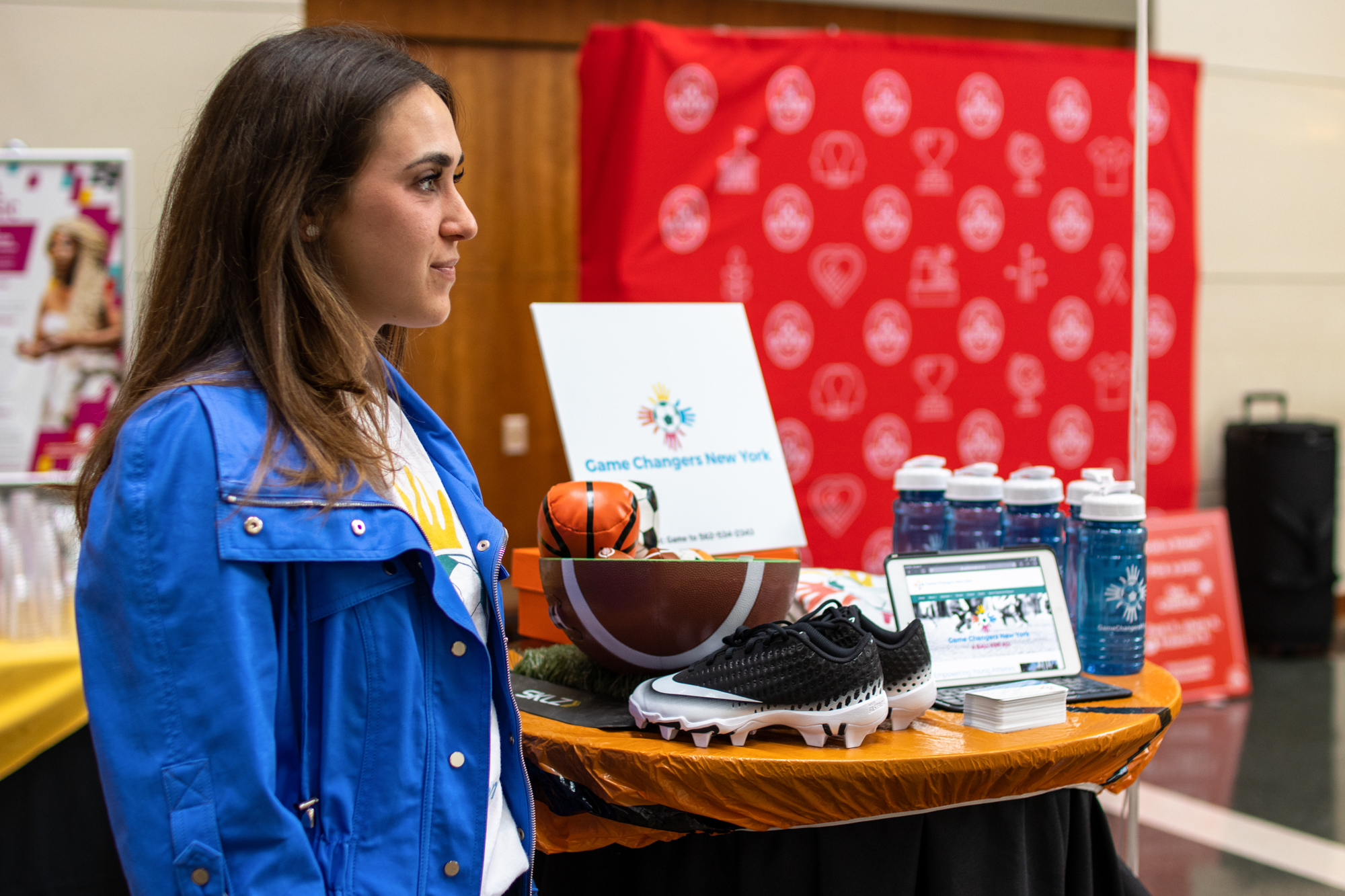By Hayden Sweeney
For The Diamondback
The annual Do Good Challenge recognized University of Maryland students who have been developing solutions for pressing social issues on Thursday at The Clarice Smith Performing Arts Center.
Finalists pitched their projects and ventures to a panel of judges and an audience for a chance to win a share of more than $20,000. This year marked the challenge’s 10th anniversary.
The night began with a welcome from Robert Grimm, director of the Do Good Institute.
“Terps have persevered and made a difference for the issues and the communities they care about, and are even more motivated to change our world for good,” Grimm said.
University President Darryll Pines also spoke at the event.
“These students are dreaming up the fearless ideas that will move us fearlessly forward,” he said. “Their imagination, motivation and determination are examples to all of us on how to pursue excellence and advance the public good.”
The event also honored past Do Good winners, including Cedric Nwafor, whose ROOTS Africa project won first place last year.
“That was one of the highlights of my life,” Nwafor said. “We are about to witness some incredible teams coming forward and sharing about their innovations and how they are changing the world.”
[DREAM Gala returns in person to raise funds for student immigrants]
The contestants’ projects and ventures addressed a wide variety of important issues, such as opioid education, emotional intelligence development and families impacted by cancer. Each finalist explained their project or venture, the impact it has had and why they deserve funding. After the finalists delivered their pitches, the judges went into deliberation, and the audience voted on their favorite pitch.
Camp Kesem at University of Maryland, a student-led chapter that serves families impacted by cancer, won the audience vote, which came with $2,500. The group hosts week-long summer camps that bring children of similar circumstances together.
Combating Overdoses in Rural Areas, presented by Umailla Fatima and Kevin Tu, took home the first place project. The nonprofit aims to help rural communities affected by the opioid epidemic through opioid education, resources and harm reduction support.
[Do Good Institute hosts UMD’s first Impact-A-Thon]
The first place venture was Vitalize, a mobile app dedicated to combating burnout in clinicians, which has become a bigger problem due to the COVID-19 pandemic. Presented by Sanketh Andhavarapu and Veeraj Shah, their product was developed through interviews with more than 150 clinicians and hospital administrators.
“They’re building an amazing product that we think is going to have a really significant impact,” said Kirsten Craft, a venture judge.
The first place projects were presented with giant checks of $5,000. The second place projects received $2,500, and the third place projects received $1,000.
“It’s always inspiring to see our students, faculty, staff and extended Terp community work so diligently together to do well by doing good,” Pines said.



